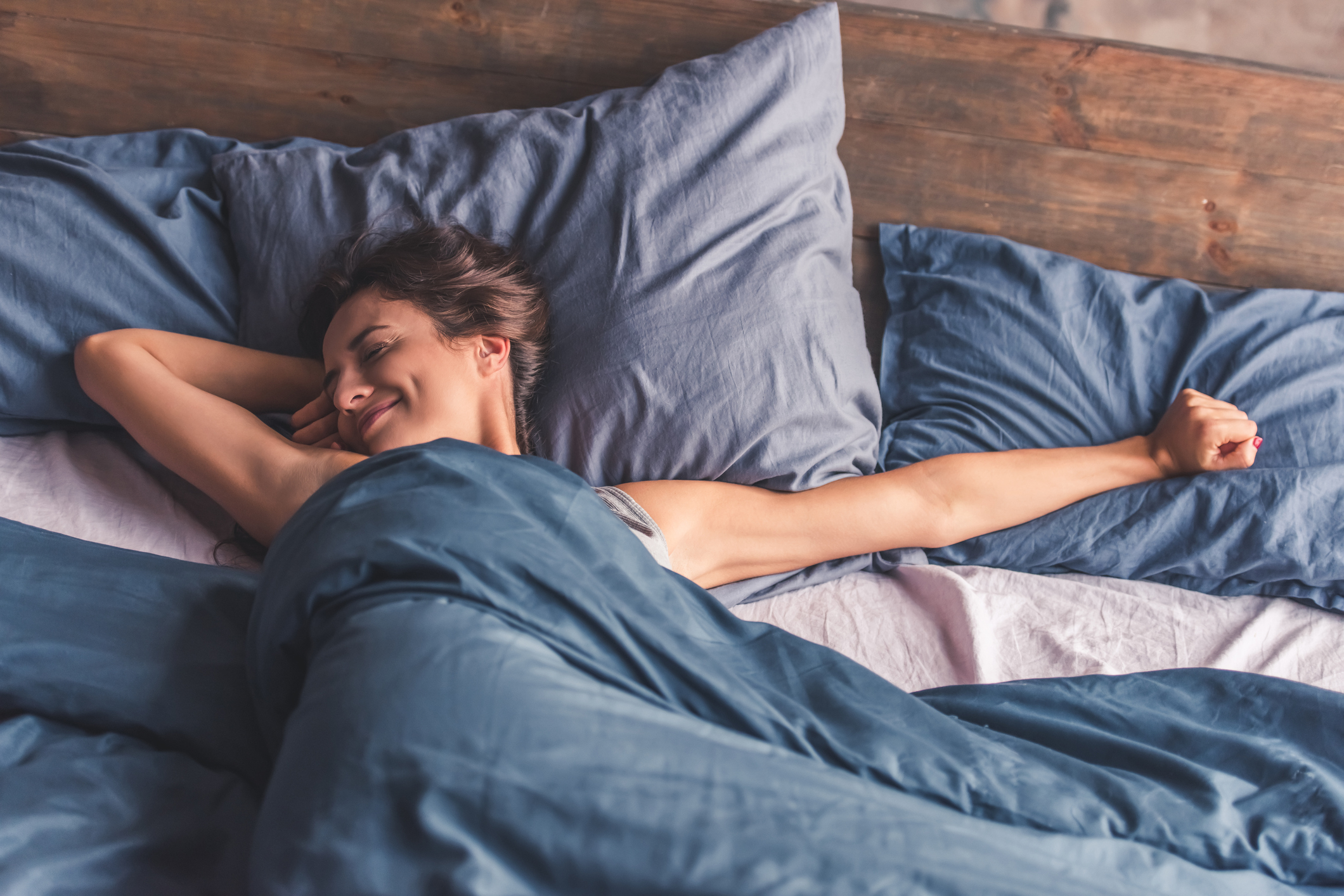
Background
Everyone loves sleep. Yet, approximately 3 to 4 out of every 10 people report having trouble falling or staying asleep throughout the year. Around 1 out of every 10 adults report regularly having trouble falling or staying asleep. Left untreated, insufficient amounts of sleep can affect your mood, energy levels, and your ability to handle stress. Ignoring sleep problems can lead to poor health, weight gain, stress in relationships, and decreased job performance. Today, Novus is here with an action plan to help you best manage your nighttime snoozes.
Action Plan
The first step in our action plan is to learn more about your sleep needs, ways to improve your sleep environment (known as sleep hygiene), and sleep disorders. Equipped with this knowledge, you will be able to develop and follow a sleep routine. In order to mentally associate your bed with rest, you should avoid using your bed and bedroom for anything other than sleep or sex.
It’s also best to limit your use of technology (television, computers, and video games) before bed to prime your brain for rest. Record your sleep patterns and behaviours if you have been having difficulty sleeping. This information can help you or a health professional determine trends or causes for your disrupted sleep.
Finally, speak to your physician about your sleep difficulties, particularly if you have any of the following symptoms: breathing difficulties or pain in your chest or limbs, difficulty falling asleep or staying asleep on a regular basis, or poor quality sleep. Your physician will be able to propose the best solution to restoring restful nights.
The National Sleep Foundation possesses some excellent resources to help you identify your recommended sleep needs, learn about the health impacts of sleep on various topics, as well as understand various sleep disorders. Additionally, the Mayo Clinic has identified some practical sleep tips that will help increase the quality of your rest. Of course, here at Novus we have all the information you need to gain the best understanding of managing your sleep.
For more insight, check out these health articles.



